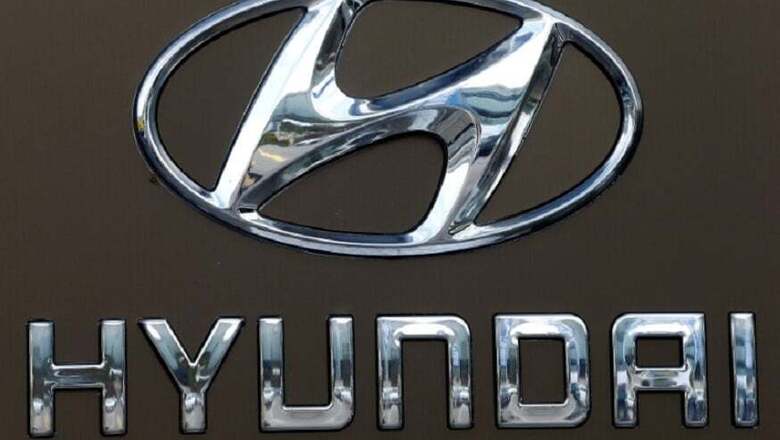
views
Hyundai agreed a deal with Audi on Wednesday to collaborate on hydrogen car technology, hoping to boost an energy segment that has lagged behind battery electric vehicles. The South Korean firm wants to increase the uptake of hydrogen cars, which are propelled by electricity generated by fuel cells but have been held back by a lack of infrastructure and the push for battery electric vehicles by the likes of Tesla.
Also read: Mad Max Inspired Modified Toyota Fortuner SUV Looks Ready for the Post-Apocalyptic World
The pair will be able to access each other's intellectual property and share components, including any new parts developed by Audi, which is responsible for hydrogen fuel cell technology in the Volkswagen Group, the world's biggest car seller.
Hyundai hopes that the move will create greater demand for vehicles such as its ix35 model and bring down costs to make the technology profitable.
"We want to provide to our component suppliers more chance and we want to have competition between component suppliers," Sae Hoon Kim, the head of Hyundai's R&D fuel cell group, told Reuters in an interview in London.
"We also want to make them to have competition with other suppliers, and that competition will bring down the cost."
Carmakers such as Toyota have touted the benefits of hydrogen vehicles, which take less time to refuel than the recharge times of battery electric cars, but are expensive and suffer from a lack of refuelling stations.
Many carmakers are focusing on battery electric vehicles, which can take between half an hour and half a day to recharge, but are increasingly able to use a growing network of charging points.
Auto firms are teaming up to share the cost of developing greener technologies to replace combustion engines as regulators around the world crack down on emissions. GM and Honda have a partnership to jointly develop electric vehicles with hydrogen fuel cells that are expected to go on sale in 2020, while BMW is working with Toyota.
Kim said that a toughening of European Union carbon emission limits in 2025 would create a need for more hydrogen cars.
Hyundai sold 200 such models last year and expects to sell thousands this year, but Kim said profitability was still far off.
"100,000 or 300,000 vehicles per year per company, when that comes, I think we can make money," he said.
Also Watch: Mercedes-AMG GLC Coupe!



















Comments
0 comment